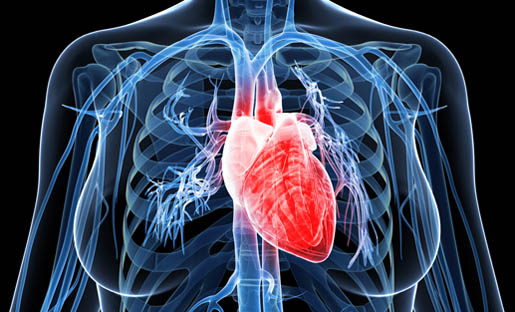Thanks to endless pink “awareness” campaigns, most people think breast cancer is the number one killer of women.
But it’s not. It’s not even close.
Heart disease is the number one killer of women by a large margin. In fact heart disease kills six times more women than breast cancer.*
And of course it’s the number one killer of men too.
Heart disease isn’t as flashy and trendy as breast cancer, though, so awareness campaigns about this killer disease aren’t as common.
The good news is we know how to offset the likelihood of dying from heart disease–even if few people choose to make the effort:
Keep your weight in check. Exercise. Don’t smoke. Eat plenty of fiber. Consume moderate amounts of alcohol.
And take an Essential Fatty Acid supplement (EFA).
Taking an EFA supplement is something the British Medical Journal, Harvard Medical School and your local vitamin shop all actually agree on.
In a review abstract British Medical Journal researchers stated:
“Omega-3 fatty acids (ω-3 FAs) are essential fatty acids with diverse biological effects in human health and disease. Reduced cardiovascular morbidity and mortality is a well-established benefit of their intake.”
But it doesn’t end there. They go on to point out other diseases and conditions that can be offset with EFA supplements:
“Dietary supplementation may also benefit patients with dyslipidaemia, atherosclerosis, hypertension, diabetes mellitus, metabolic syndrome, obesity, inflammatory diseases, neurological/ neuropsychiatric disorders and eye diseases.”
In an article published in Harvard Health Publishing, Harvard Medical School researchers also reiterated the myriad of benefits of EFA’s, noting they studied EFA’s not just for their cardiovascular benefits, but also for their potential effects on thinking ability, vision, and inflammation.”
To learn more about the benefits of EFA’s please visit the Optimal EFA page at Optimal Health Systems.
Optimal EFA provides a potent combination of ALA, DHA and GLA oils all from safe vegetarian sources.
– – –
Sources:*WomensHealthMatters.ca., British Medical Journal, Harvard Health Publishing.


